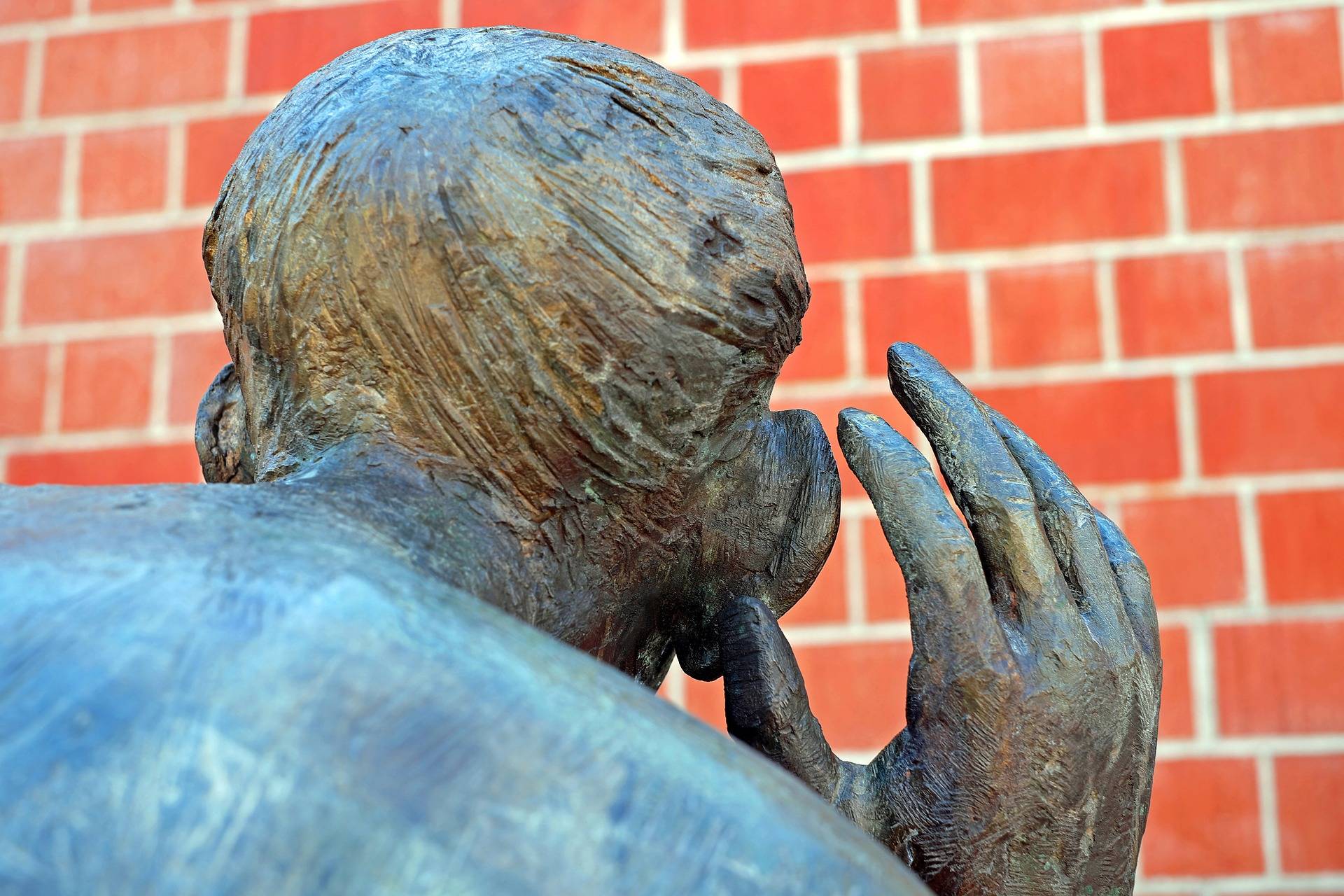Listen
I’ve struggled with this reflection. I’ve written and erased, typed and deleted, and started over and over again. Words are failing me.
And perhaps that’s exactly the point.
I’ve engaged in many personal and professional learning opportunities regarding First Nations, Métis, and Inuit peoples, particularly over the past year. I’ve been deeply enriched as I learned about Indigenous spirituality, values, principles, language, and culture. And I’ve been profoundly disturbed as I learned about Indigenous-Settler relations, systemic racism, and deliberate oppression.
But the most crucial thing I’ve learned in the last year is a lesson comprised of a single word.
Listen.
It’s not our turn to talk. We of settler and newcomer origin have been doing all the talking for the last century and more. We have been controlling the narrative. We have been dominating the discussion. We have ensured that our voices were the loudest. But recently, our Indigenous brothers and sisters have found their voices – voices that our nation, and indeed our Church, had silenced for so long. They are telling their truth and they are finally being heard. That truth cuts us to our core, it leaves our spirits scorched, and we are tempted to somehow defend ourselves, to tell our side of their story. There will come a time when we can speak, when we can do it without being defensive, when we can seek together to understand. But that time is not now. It’s not our turn to talk.
Listen.
As members of the One Body of Christ, when one member hurts, we all hurt. But so many members of that Body are so deeply wounded that the pain we feel right now is of cosmic proportions. Our humanity compels us to seek relief for ourselves. Our discipleship compels us to do that for others. And that gives rise in us an overpowering need to do something, anything, to alleviate that pain. To our mind, such egregious harm requires massive gestures of remorse, on a scale that reflects the entire Church’s culpability and our nation’s guilt. But no matter how big the gesture, it will never be enough. It can’t be. No amount of money, no public apology will bring instant closure to this chapter of our collective history. And we know that. Which makes the task of reconciliation seem even more daunting, more impossible. So where do we begin? The whole will not be healed all at once. Each part of the Body needs care and attention. Each wounded person needs to know, personally, that we, personally, are sorry and that we genuinely desire to heal broken hearts and broken relationships. Each individual story needs to be told, and heard, in order for us to truly say that we are working toward reconciling with one another.
Listen.
When we do engage at a community or parish level, we must always keep in mind that reconciliation requires two parties. Members of the Indigenous community tell us (and we would do well to remember), “nothing for or about us without us”. We cannot presume that an action – no matter how well-intentioned – would be well-received, that a particular initiative would be acceptable, or that an event would be appreciated. We need to begin by asking our Indigenous brothers and sisters what they need, what they desire, what they hope for. We need to ask if what we want to give is what they want to receive. But even more critically, we need to listen to the answers. We may not like what we hear. We may be disappointed by the rejection of what we thought was a good idea. But if we listen, we will always learn something. And we will learn to do things together.
Listen.
Listen to youth as they tell us about the world they dream of.
Listen to survivors of residential schools as they give voice to their pain.
Listen to leaders as they tell us of the needs of their communities.
Listen to Elders as they share their wisdom.
Listen to your conscience, guided by the Holy Spirit.
Listen to your heart, opened by the love of the Father.
Listen to Christ, as he sends you forth to heal the wounded members of his Body.
Listen.
Listen.
Listen.
By Darcie Lich


